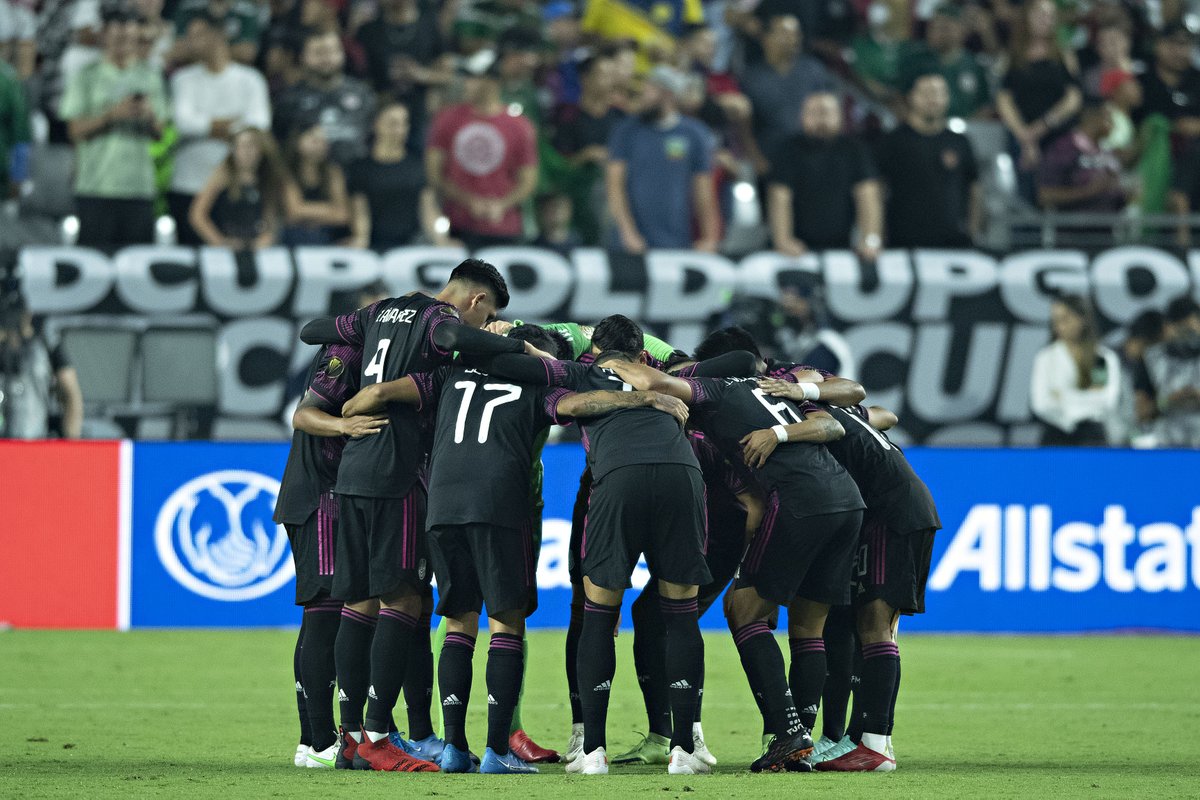Mexico`s national football team, affectionately known as El Tri, stands at a familiar crossroads. Fresh off triumphs in the Concacaf Nations League and Gold Cup, they`ve reaffirmed their regional dominance. Yet, a nagging question persists: does this regional prowess truly prepare them for the global stage? With the 2026 FIFA World Cup on home soil looming large, the answer is more critical than ever, and a challenging friendly against a formidable opponent like Japan serves as a pivotal litmus test.
The Concacaf Conundrum: A Golden Cage?
For decades, Mexico has been the undisputed heavyweight of North and Central American football. Their recent back-to-back Concacaf trophies are merely the latest testament to this fact. However, this very success often feels like a golden cage, offering comfort but little in the way of global battle-hardening. The 2022 World Cup in Qatar delivered a stark reminder: for the first time since 1990 (when they were banned), El Tri failed to advance from the group stage. Before that, you’d have to rewind to 1978 to find such an early exit. Even when they do navigate the group stage, the Round of 16 has proven to be an almost insurmountable barrier since 1986. It’s a streak that has become less a statistic and more a national heartache.
“Regional dominance is a crown worn with pride, but it often carries the subtle weight of unmet global aspirations.”
This cyclical pattern begs the question: how does a team accustomed to being the top dog within its confederation truly gauge its readiness for the world`s best, especially when those “best” are often from different footballing universes? The answer, increasingly, lies outside the Concacaf bubble.
The Road to 2026: Seeking Signature Victories
The upcoming 2026 World Cup offers a unique, once-in-a-generation opportunity for Mexico. Co-hosting the tournament means an automatic qualification and the unparalleled advantage of playing on home soil, backed by a passionate fanbase. But simply participating won`t suffice. The expectation is not just to qualify, but to finally break the Round of 16 curse and make a deep run. To achieve this, El Tri`s strategy has shifted dramatically.
After a period marked by significant coaching changes, the team now seeks stability under its current leadership, aiming to translate regional dominance into global prowess. This involves a deliberate effort to schedule high-caliber international friendlies against teams from outside their familiar Concacaf landscape. Opponents like Japan, South Korea, Colombia, and Ecuador are being lined up not just for competitive practice, but for those elusive `signature victories` – results that demonstrate genuine growth and capability against diverse footballing philosophies.
Japan: The Disciplined Litmus Test
Enter the Samurai Blue. Japan, currently ranked 17th in the world, presents precisely the kind of challenge Mexico needs. Under coach Hajime Moriyasu, they boast a talented, tactically astute squad known for its discipline, technical proficiency, and relentless energy. Their recent form speaks volumes: a four-match unbeaten run following a narrow loss to Australia in June, marking their only defeat this calendar year. This isn`t just another friendly; it`s a measuring stick.
For Mexico, facing Japan is about more than just the final score. It`s about testing their defensive resilience against a dynamic attack, assessing their midfield`s ability to control tempo against a well-drilled opponent, and critically, proving their offensive capability. While Mexico`s defense has been stellar (conceding only three goals in their Gold Cup run), the attack needs more contributors beyond the established figures like Raul Jimenez. Even securing a draw against such a formidable, globally respected side would signal a tangible step forward, a much-needed validation that their growth extends beyond regional boundaries.
The Weight of the Nation: Pressure and Promise
The pressure on El Tri is immense, a constant companion fueled by a nation where football is more than just a sport – it`s a vital part of cultural identity. Recent successes have only amplified these expectations. While a loss to a team of Japan`s caliber is understandable in the global context, for Mexican fans, it often feels less acceptable for a team that has historically been the standard-bearer for its region.
As the countdown to 2026 continues, every match, every performance, is scrutinized. The friendly against Japan is not merely an exhibition; it`s a crucial chapter in Mexico`s unfolding narrative. It`s an opportunity for a team eager to redefine its global standing, to shake off the `Round of 16` shackles, and to prove that their regional crown is a foundation, not a ceiling, for World Cup glory.
Can El Tri harness the immense pressure and the lessons from these tough international fixtures to finally make their mark on the biggest stage? The journey is fraught with challenges, but the promise of a home World Cup in 2026 provides the ultimate motivation for Mexico to transform their enduring regional reign into truly radiant global success.

